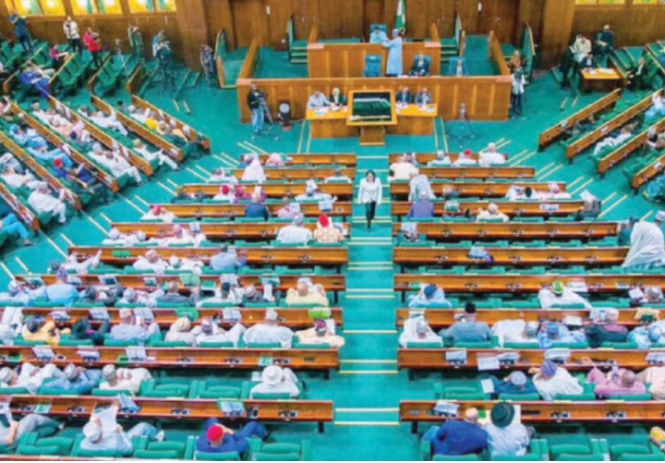The House of Representatives has called on the Minister of Communications, Innovation and Digital Economy, Dr. Bosun Tijani, and the Nigerian Communications Commission (NCC) to suspend the proposed increase in telecommunications tariffs until service quality improves.
The resolution followed the adoption of a motion of urgent public importance moved by Hon. Obuku Oforji (Yenagoa/Kolokuma/Opokuma Federal Constituency, Bayelsa) during plenary on Tuesday.
Telecom Operators Push for Tariff Hike
While presenting the motion, Oforji referenced recent statements by Minister Bosun Tijani after a stakeholders’ meeting with Mobile Network Operators (MNOs) in Abuja on January 8, 2025.
Tijani revealed that telecom tariffs would soon increase due to ongoing consultations and pressure from telecom companies advocating for tariff hikes of up to 100%. However, he assured that while an upward adjustment is inevitable, it will not reach the full 100% initially proposed by the operators. The NCC is expected to approve and announce the new tariff structure in due course.
Telecommunications companies have justified the proposed price increase, citing:
Rising investment costs
The need for improved network infrastructure
Increased demand for digital services across sectors such as education, banking, and healthcare
Consumer Opposition and Economic Concerns
Hon. Oforji, however, criticized the proposal, highlighting strong opposition from the National Association of Telecoms Subscribers, which described the planned hike as insensitive and an additional burden on consumers struggling with economic hardship and poor network service delivery.
> “It is crucial for telecommunications companies to enhance their service delivery, particularly by addressing persistent network issues that Nigerians have endured for years, before considering any tariff increases,” Oforji stated.
He further cautioned that the widespread impact of such a price hike could:
Deepen financial hardships for Nigerians
Hinder the country’s vision of leveraging technology for economic recovery
Increase poverty and widen inequalities, especially for lower-income households
Telecom Tariff Hike Threatens Key Sectors
Lawmakers emphasized that affordable connectivity is critical for progress in key sectors such as:
Digital banking
Education
Healthcare
Agriculture
E-governance
Many informal sector workers rely on low-cost mobile data to access gig work opportunities, and an increase in prices could limit their access, affecting their livelihoods.
Minister Tijani’s Concerns Over Small Businesses
Minister Tijani also expressed concern about the negative impact on small businesses, stating that rising telecom costs could place a significant financial strain on enterprises that rely on affordable services for their daily operations, marketing, and customer engagement.
> “It is disheartening to think about the struggles small businesses will face. Many rely on affordable telecommunications for their daily operations, marketing, and customer engagement. An increase in costs will only add to their financial burden,” he said.
He warned about the economic consequences of a potential tariff hike, estimating that:
> “If a 10% increase is approved, small business profitability could drop by up to 7%, potentially forcing many to shut down.”
Call for Stakeholder Engagement and Policy Review
The House of Representatives urged stakeholders to consider the broader economic implications of a tariff increase and prioritize policies that ensure affordable and accessible telecommunications for all Nigerians.
As deliberations continue, the legislature has directed the NCC and telecom operators to engage further consultations to a
ddress service delivery challenges before any tariff adjustments are made.

